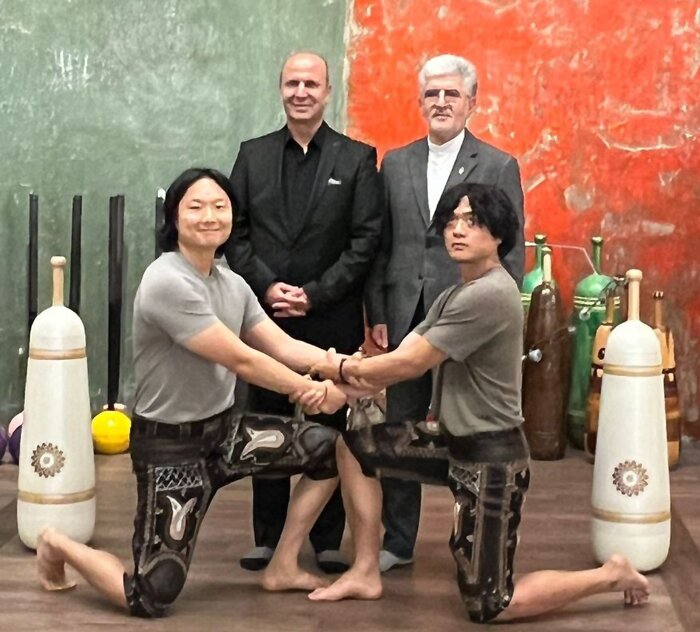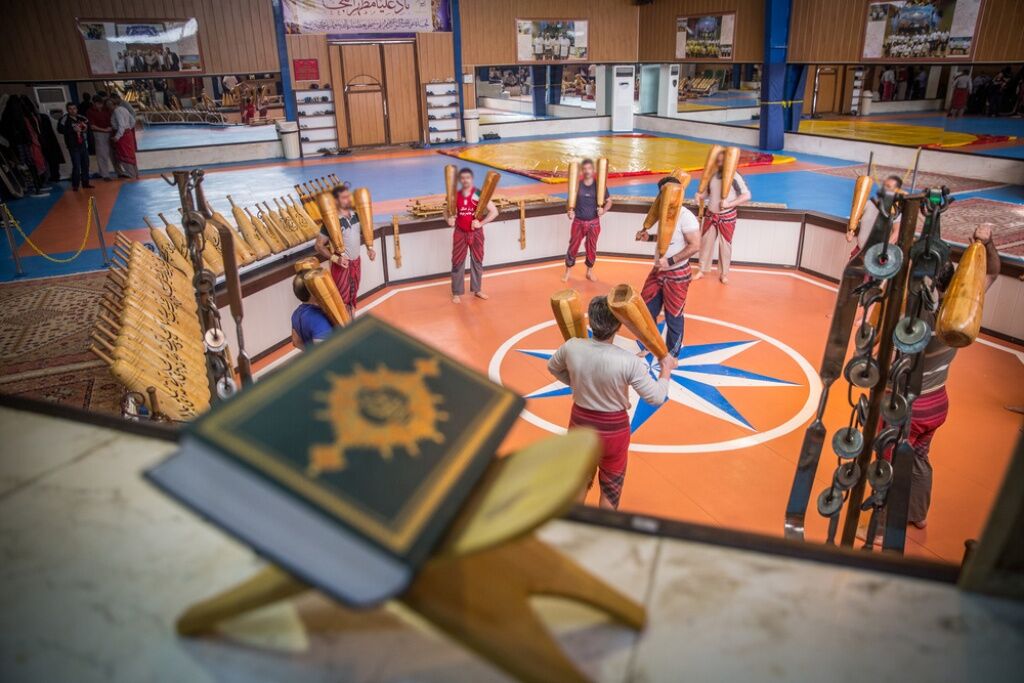There are not many footballers who can claim to have had their indelible impact on the pitch matched by their influence in pop culture. Idolised by artists such as Congo DR-born singer Pepe Kalle, Roger Milla left a mark on his era that extended beyond the French-speaking world.
The Old Lion lined up for his FIFA World Cup™ swansong at USA 1994, where he went on many a walkabout, with the locals desperate to see the attacking ace up-close. The meeting between the Cameroonian genius and the US public came at a time when Black cinema was serving an important cultural and social role in the African-American community thanks to young filmmakers like Spike Lee and John Singleton.
“Many African-Americans thought of us as brothers. When we went out for a walk, they often used to crack a smile, as if to say ‘We stand with you’,” Milla recalled. When he arrived stateside, the former Montpellier marksman was welcomed by Lee, with whom he spent hours talking to during his time on US soil. The story goes that the director of Malcolm X, who was keen to track down his African ancestry, went on to research his family history and found his roots in Cameroon.
Although Milla and the Americans shared a terrific relationship, it was a different story on the pitch. Unfortunately, the Yaounde native, then aged 42, and his team-mates would fail to reproduce the exploits they served up in Italy, where they broke new ground by becoming the first African team to reach the last eight, as well as beating reigning champions Argentina. The 1994 edition saw the Indomitable Lions draw with Sweden in their curtain-raiser before suffering a 3-0 defeat to Brazil and a 6-1 thrashing at the hands of Russia, exiting in the group stage.
Despite the fact that Cameroon’s campaign offered little reason for cheer, Milla’s individual showing has lived long in the memory. While he did not feature in their opening game and came off the bench in the last two, the legendary frontman seized the opportunity to make his mark on the tournament in the final game against Russia, becoming the oldest goalscorer in the history of the global showpiece at the age of 42 years, one month and eight days when he powered the ball home less than a minute after entering the fray.
He sat down with FIFA to discuss his last dance on the biggest stage of all, his pride at being Cameroonian and the remarkable records he set along the way.
Four years after reaching the quarter-finals at Italia 90, you landed in the USA for another World Cup campaign. How were you feeling ahead of the tournament?
Roger Milla: I felt good, both physically and mentally. I wasn’t worried about the gossip or what people were saying about me and my age. I was just pleased to have been named in the squad. I went to the USA to fight for my country, like a soldier on a tour of duty.
You were personally met by Spike Lee, the American actor and director. Were you expecting that kind of a welcome?
No, I was very surprised to see him. It’s not every day that a top artist like Spike Lee comes to meet you like that. He’d been impressed by our performances at the World Cup in 1990. I think that many African-Americans had followed our journey in Italy. Spike Lee showed up in his limousine, and I took a ride with him. We talked a lot about our different cultures, and we had a great time.
You were already the oldest goalscorer in World Cup history before extending that record in 1994. What do you remember about that moment?
We tend to forget that football is a show for which the players have to write great scripts. Mine is connected to that record. As a centre-forward, I’d say that I was just doing my job. I just picked the ball up and put it in the back of the net. Above all, I was happy because I’d scored. I only heard about that record after the match.
However, five years earlier, you’d decided to retire from international football, and again after Italia 90. What made you change your mind?
A few months before that World Cup [in the USA], I played in a testimonial match held for a top Cameroonian player, Theophile Abega, who was known to the entire country as the Doctor. I put in a great performance, it has to be said. After the match, many Indomitable Lions fans came up to me and told me that I could still play at the highest level and that I was still capable of doing a job for the national team. Their words touched me to the bottom of my heart, and that’s why I decided to come back.
One of your team-mates at USA 94 was Rigobert Song. What kind of relationship did you have with him?
We’ve always had an excellent relationship. When he became part of the national team set-up, he was like our little brother, and us senior players had to protect him. Everything changed for him in that year, in 1994. He left Tonnerre Yaounde for French football and a move to Metz. I gave him a lot of advice. What I liked about Rigo at that World Cup was that he was one of the youngest players at the tournament, but he didn’t let that show on the pitch. At 17, he already had that no-nonsense style which he was renowned for. I remember how disappointed he was after getting sent off against Brazil. We comforted him since he felt guilty for leaving us a man down out there. That was when his leadership skills started to take shape, and we still get on famously to this day.
You’re 24 years older than him, which is the biggest age gap ever seen between two team-mates at a World Cup. How does that make you feel?
I’m proud of that record, since we showed the world that Cameroon is full of talent and that we don’t have a generation gap. And that’s something that continues to be the case to this day. I learnt as much from him as he did from me. With that age gap, I’m old enough to be his father. I was won over by his energy; he used to train with the same intensity that he showed on a matchday. In a way, playing alongside youngsters pushes you to keep the pace and stay in the heat of the action.
At Qatar 2022, FIFA honoured you with a certificate to acknowledge your record as the oldest goalscorer in World Cup history. What did that mean to you?
Above all, it’s an honour for Cameroon. I can’t take all the credit for such global recognition. I’m so proud to be a part of this country’s history.
Do you think someone will beat that record one day? If so, who would you like it to be?
[Laughs] Good luck to them with that! I’d like to say that, to beat that record, you have to really look after yourself, as I did back then. Now, when it comes to who could beat my record, I wouldn’t like to suggest any names.
The next World Cup will be co-hosted by the USA, with Canada and Mexico. What was the atmosphere like in 1994?
It was electric. We were made to feel very welcome in the USA, and I think it’ll be the same at the next World Cup.
- نویسنده : محمد مهدی اسماعیلی رها






























Thursday, 11 September , 2025